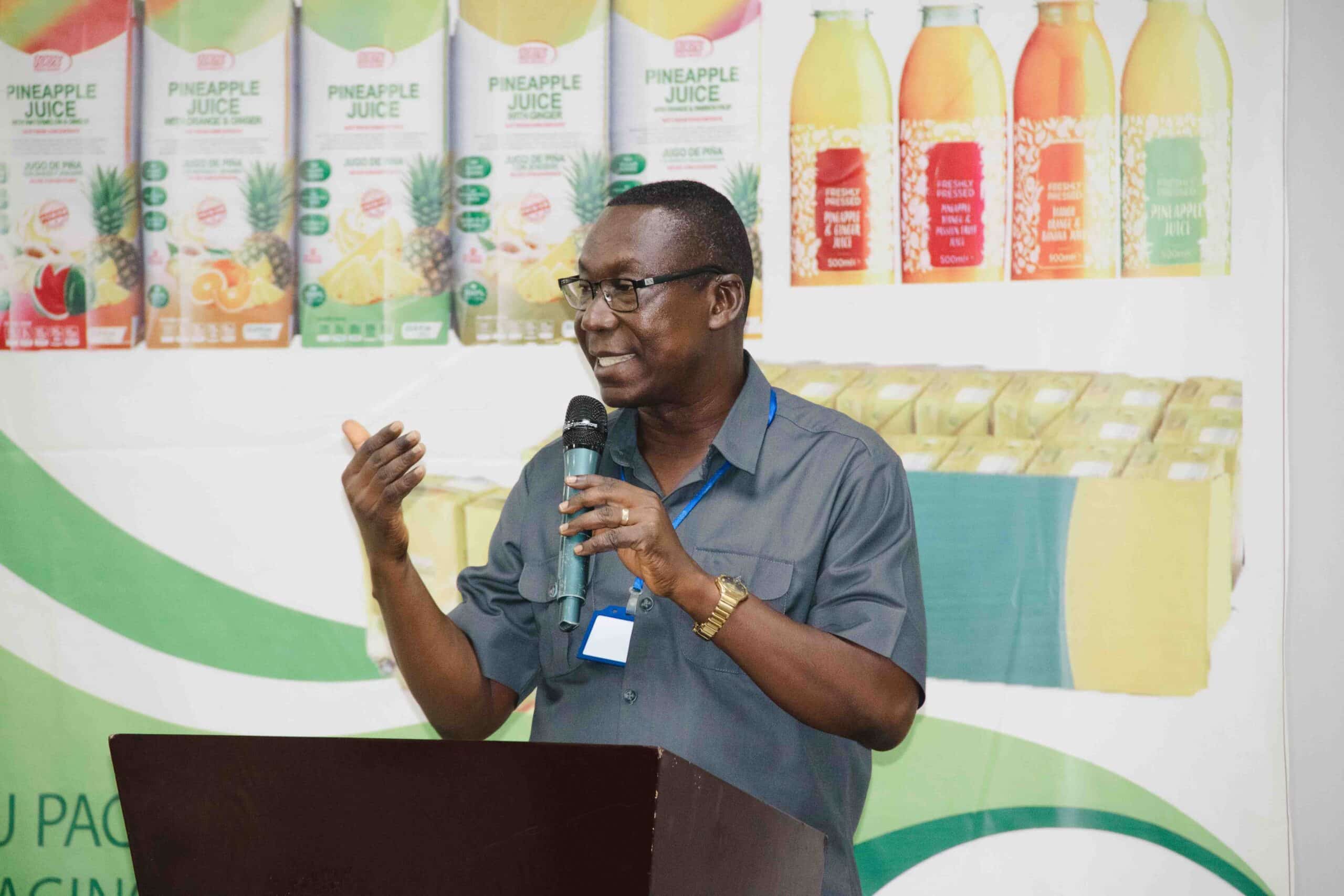The recent conflict in Ukraine coupled with the aftermath of Covid-19 has significantly impacted the food industry, highlighting the need for stronger food supply chains, improved food safety regulation, and more robust agtech. Blockchain technology is emerging as a leading candidate for providing an efficient and robust mechanism for enhancing food traceability while also being a transparent and reliable way to improve the quality, safety, and sustainability of food. Several leading agtech consultants and experts believe that blockchain solutions will play a key role in ensuring food safety.
The Importance of Food Safety and Food Safety Regulation
Food safety, nutrition, and food security are inextricably linked. Around 600 million people – almost 1 in 10 people worldwide – fall ill after consuming contaminated food, leading to 420,000 deaths annually. It is estimated that US$110 billion is lost each year in productivity and medical expenses resulting from unsafe food in low and middle-income countries. Foodborne diseases impede development by straining healthcare systems and harming national economies, tourism, and trade. The common opinion among food safety experts is that regulation will play a critical role in ensuring that food supply chains are protected and compliant with established standards.
Blockchain: How Digitalization can Support Food Safety Regulation
Blockchain technology has emerged as a promising agtech solution for improving food safety and traceability in food supply chains. A decentralized ledger system, blockchain can provide immutable data records and a traceable transaction history, which helps in enhancing the efficiency, transparency, and traceability of traded goods.
The Role of Blockchain in Food Safety
Blockchain technology has numerous applications for food supply chains, with many being tested or implemented worldwide. Tracking the provenance of agri-foods is the most popular application of blockchain in supply chain tracing. However, tracking other properties related to food safety and quality is becoming increasingly popular.
Traceability is a critical aspect of food safety systems. Many food safety experts and agtech advocates argue that blockchain can enhance food certification, food hygiene rating schemes and risk information management through improved traceability and transparency. Moreover, blockchain technology can help trace and eliminate contaminated foods, reducing food waste and environmental impact.
Better Food Safety Regulation with Blockchain
Blockchain technology has the potential to revolutionize food safety regulation. Food safety experts from the U.S. Food and Drug Administration (FDA) state that blockchain technology:
“Will allow food to be traced back to its origin in seconds and will use new data analysis techniques to strengthen the prevention of foodborne diseases, alerting consumers in real-time before contaminated or mislabelled foods are consumed.”
The FDA currently requires each step in the supply chain to have a record of the data for one step forward and one step back. While this information is useful, it can often make it challenging to ensure accurate and reliable records throughout the entire chain because it doesn’t capture the entire process.
The FDA has recently produced a blueprint on its approach to developing agtech and food safety titled the “NEW ERA OF SMARTER FOOD SAFETY FDA’s Blueprint for the Future”. This document represents the thinking of FDA food safety experts, consumers, the food industry, technology firms, federal and state regulatory partners, regulatory counterparts from other nations, and academia. It suggests that blockchain systems will allow stakeholders to improve data sharing and traceability while reducing the time it takes to identify the origin of contaminated food. Furthermore, they provide transparency to anticipate and prevent supply chain disruptions during public health emergencies, such as pandemics.
However, several technical and regulatory challenges must be addressed before large-scale blockchain adoption for various agri-foods can be realized. These challenges include the need for standardization across systems and supply chains as well as compatibility with “right to forget” legislation.
Agtech and Blockchain for a Safer Food Industry
Blockchain and food supply chain technology can contribute significantly to food safety and improved food safety regulation. Blockchain can help within the food system to improve food safety and reduce foodborne risks to health.
Investment in blockchain will not only help the food industry improve the safety of its products, but it can also help regulators. Blockchain can provide evidence of compliance with food safety regulations as well as highlight critical issues within food supply systems. This will help regulators target specific issues that pose a risk to food safety and point the way towards improved food safety regulations.
The Role of Agtech Consulting in Food Safety
As the food industry continues to evolve, agtech consulting will play an increasingly important role in implementing blockchain technologies and ensuring the safety and security of our global food supply. By bridging the gap between, businesses and regulators agtech consultants can help them embrace these cutting-edge technologies, protect consumers and maintain the integrity of the food industry for years to come.
Agtech consulting is an essential service at Farrelly Mitchell as we strive to help our clients bridge the gap between technology and agriculture. Our agtech consulting services provide guidance on various technologies that have the potential to transform food production and distribution. By providing expertise in technology adoption and implementation, our agtech consultants help agribusinesses optimize their processes, ensure food safety, and improve regulatory compliance.
To find out how our agtech consultants can empower you to make the right decisions, contact us today.














